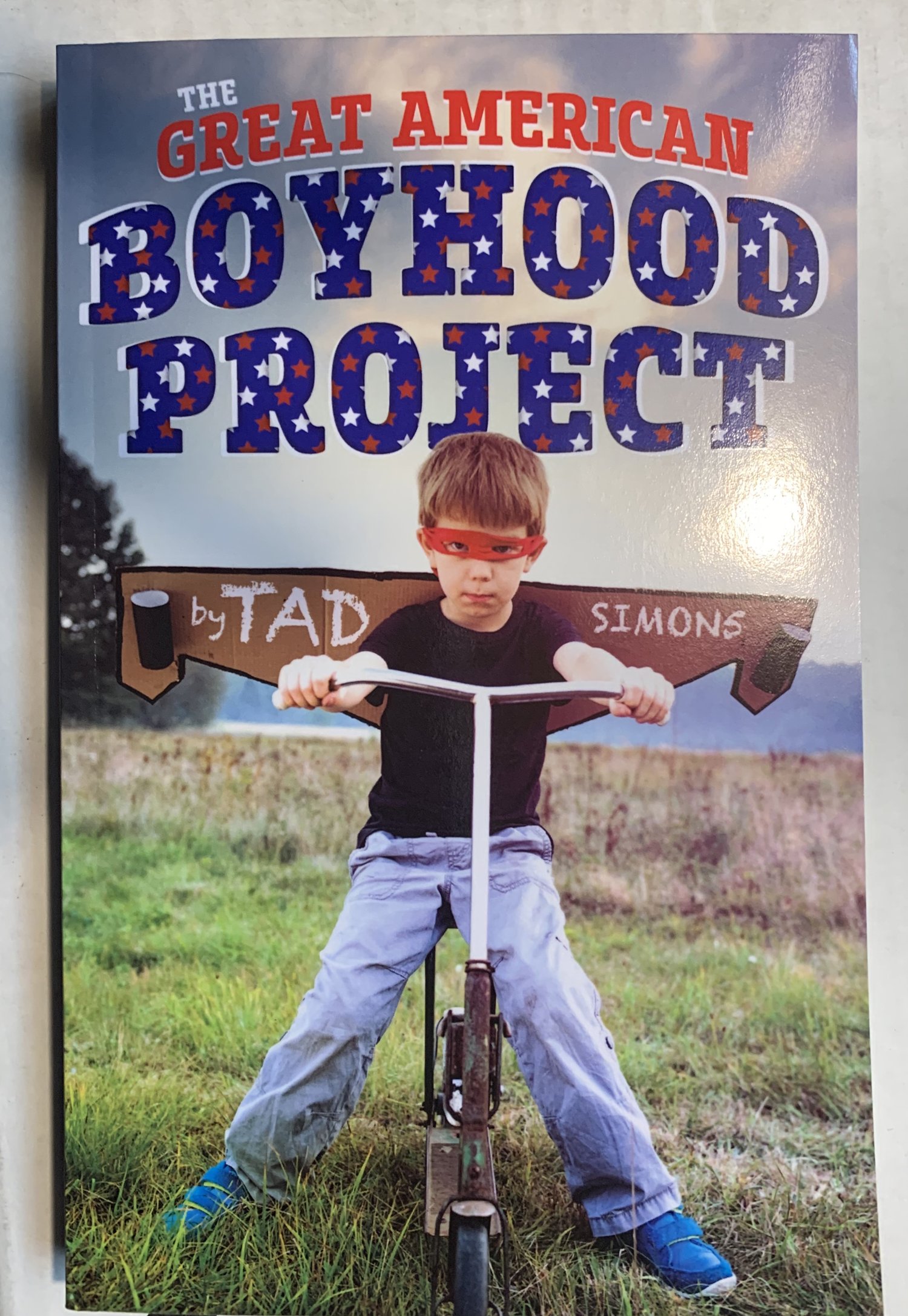One question that other writers often ask me is, “How do you deal with writer’s block?” You know, those days when the words aren’t flowing, your brain feels like a sack of wet cement, and you can feel the will to live draining from your body as the time slowly passes, the sentences fail to accumulate, and the uselessness of your existence becomes increasingly impossible to deny.
Many writers fear such days. But when I encounter writer’s block, I breathe a huge sigh of relief, crack open a cold one, and start celebrating. Why? Because if you wake up with writer’s block, it means you are now gifted with a day in which you don’t have to write—a day you can spend doing all kinds of things that are more fun than handcuffing yourself to a keyboard and spitting electrons out into space for hours on end.
I like to play golf when I have writer’s block. Golf is the perfect sport for writers, because it too is pointless and frustrating, and, like writing, even if you play golf a lot, there’s no guarantee you’re going to get any better at it.
Golf can kickstart a writer’s imagination in all kinds of constructive ways. For example, golfers like to keep score, and most are honest about recording the actual number of shots it took them to get the ball in the hole. But when writer/golfers record their score on each hole, they don’t just add up the shots and slap a number on the card—rather, they use their imagination to re-play the hole in their mind, eliminating the poorest shots and recording instead an enhanced, improved score. (Personally, I don’t know why more golfers don’t score using this method, because I’ve found that it can save ten or twenty strokes a round.)
The point is, a writer suffering from writer’s block who goes out and plays golf isn’t actually playing golf—he is using golf as a mental vehicle to work through his writer’s block and come out on the other side, fresh and inspired and ready, once again, to face the agony of the blank page.
If a round of golf doesn’t work, I'll often head to the racetrack. I find betting on the ponies to be quite effective in combatting the terror of writer’s block. During every race, as the horses are rounding the far turn, I can sense ideas burbling up in the back of my head—and, as I curse and scream and wave my ticket in the air, I can feel my blocked thoughts starting to dissolve.
Unfortunately, that feeling disappears as soon as the horses cross the finish line. Because if I win, I have to immediately start thinking about my bet for the next race, so I can double my money. And if I lose, I have to immediately start thinking about my bet for the next race so that I can win back the money I just lost. True, a well-bet trifecta can jumpstart the imagination like nothing else, but if I win one of those, my imagination tends to run so wild that I can’t remember any of it the next day. There are usually clues in my hotel room, but making sense of it after the fact can be a challenge.
My advice to writers battling writer’s block is to stop fighting it and start enjoying it. In my book, every day you can avoid having to write is a good day, and if you can stretch it out for a week or a month, so much the better. That gives you time to go on mind-cleansing fishing trips or travel to places where they don’t even speak the language in which you write. Japanese sake recharges the imagination extremely well, I’ve found, as does tracking down big game in Africa (Hemingway’s favorite trick), or getting massages in Thailand.
In short, writer’s block is a blessing, not a curse. Having to write is the curse. If you can avoid it, consider yourself lucky. Trust me, there are better things to do with your time.
